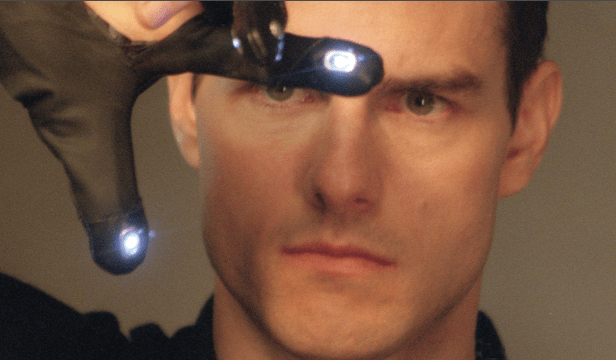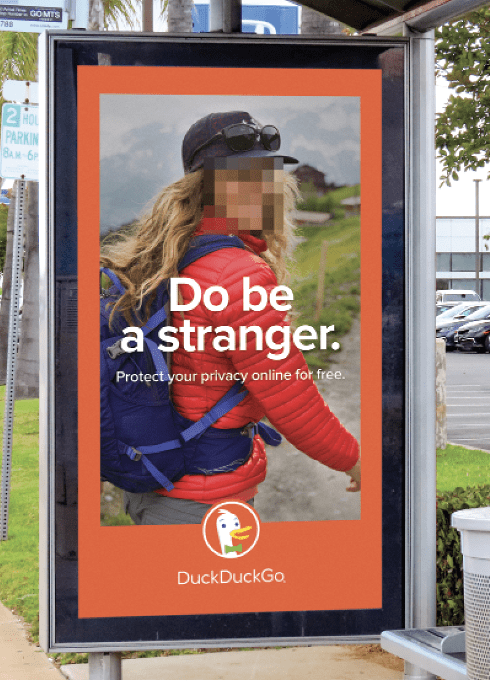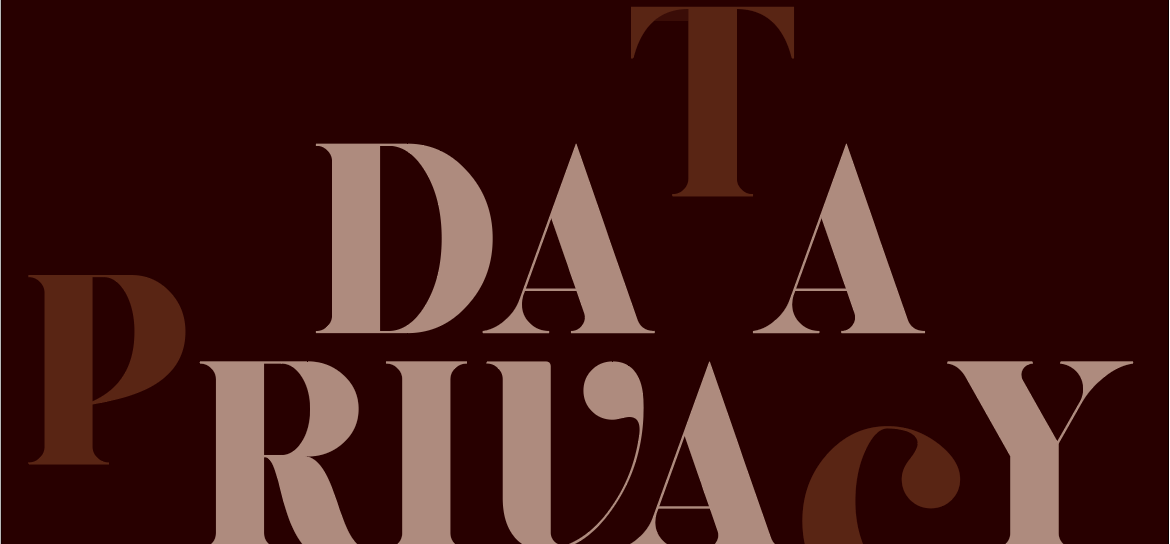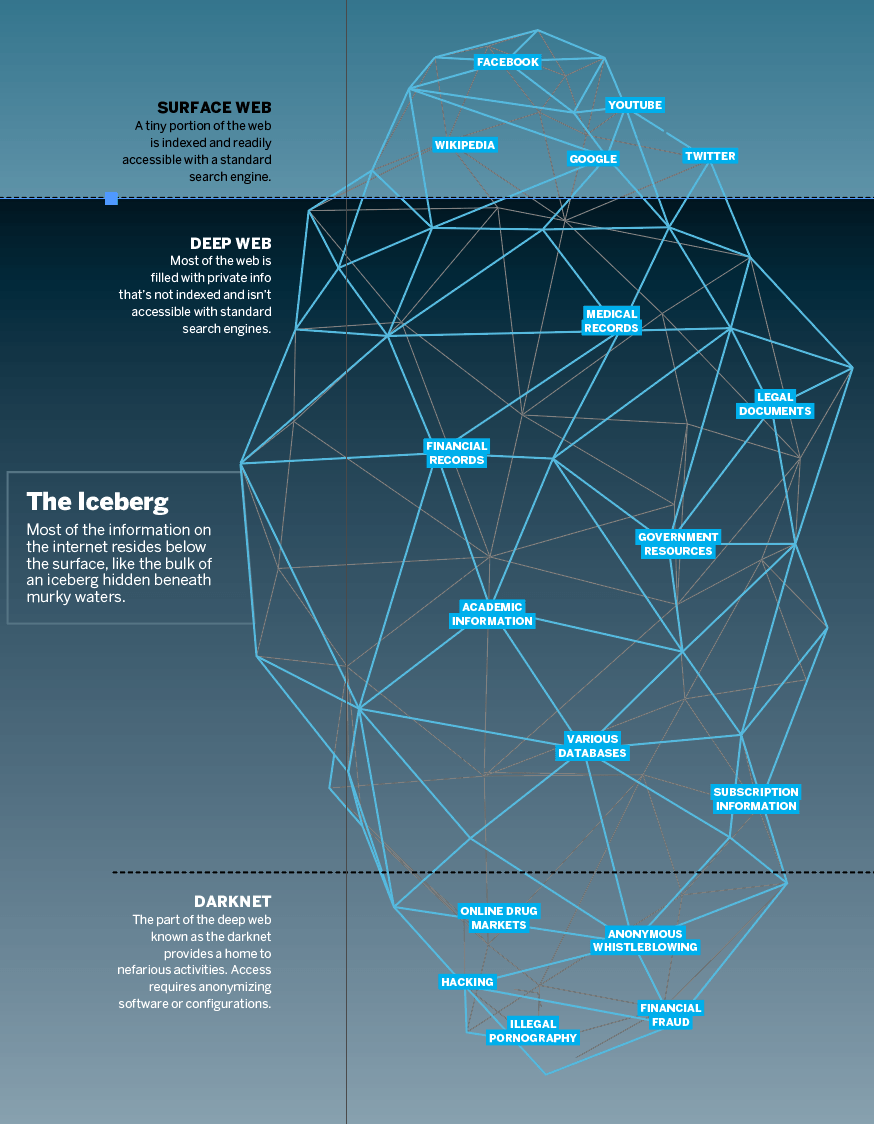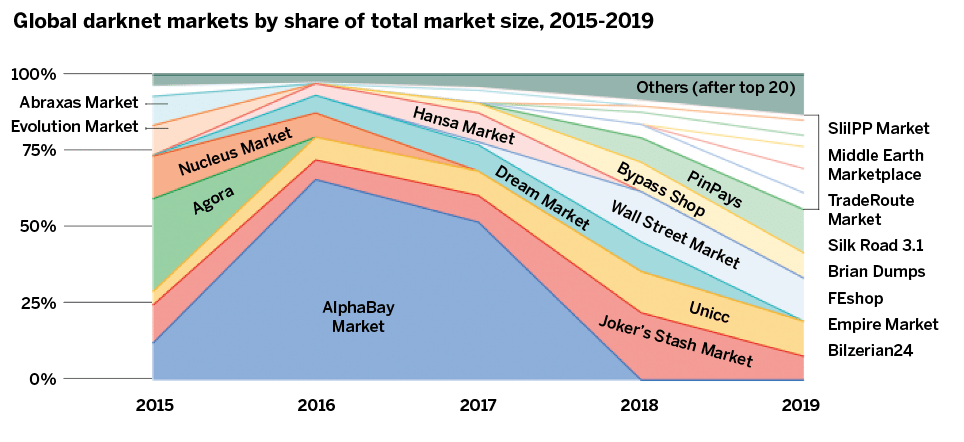The Struggle to Protect data privacy
In 1890, future U.S. Supreme Court Justice Louis Brandeis was so alarmed by the new Kodak portable camera that he co-wrote a Harvard Law Review article entitled “The Right to Privacy.”
But if Brandeis were alive today, he’d have more to fret about than an unauthorized reproduction of his
likeness. There’s good reason to fear the technology that tracks every move made online.
Mainly to target ads, tech companies record web searches and site visits to compile staggeringly complete dossiers on every man, woman and child who logs onto the internet.
That data is extremely valuable. In the wrong hands, it facilitates theft, blackmail and manipulation.
Bad actors ranging from common criminals to aspiring dictators can use it to realize their dreams.
Is there hope? Delve into this Luckbox special section on data privacy for answers and some actionable advice.
Data Privacy Issues
1700s_ Thanks to Benjamin Franklin, the postal service carried mail in locked saddlebags.
1800s_ Telegraph operators added ciphers to messages so people who knew Morse Code couldn’t read them.
1965_ The Constitution doesn’t mention privacy, but the Supreme Court ruled that a right to privacy can be inferred from other rights established in the document.
1973_ Sweden created the first national privacy law to criminalize data theft and give citizens access to their online records.
1991_ The Telephone Consumer Protection Act established the “Do-Not-Call” registry in an attempt to eliminate unwanted commercial phone calls.
1996_ The Health Insurance Portability and Accountability Act (HIPAA) was enacted partly to guarantee the privacy of healthcare information.
2003_ The California Online Privacy Protection Act was the first state law requiring a privacy policy on commercial websites.
2013_ Edward Snowden leaked classified information from the National Security Agency to reveal numerous surveillance operations that violate individual privacy.
2016_ British political consulting firm Cambridge Analytica obtained Facebook’s personal data on millions of Americans to aid the Trump presidential campaign.
2018_ The General Data Protection Regulation (GDPR) began governing how personal data is gathered and handled in the European Union.
2018_ The California Consumer Privacy Act (CCPA) was signed into law to help residents take control of their personal information online.
2020_ At least 14 states introduced legislation requiring internet or telecommunications service providers to keep specified information confidential.




